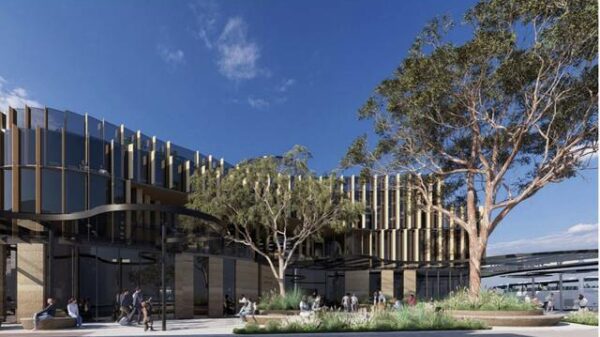In recent months, the rapid expansion of fast food outlets has sparked significant debate among local communities. Critics argue that the proliferation of chains such as McDonald’s is detrimental to the character and health of towns. With another outlet slated to open in March 2024, residents are questioning the long-term effects of such developments.
Many communities are expressing frustration over the increasing number of fast food restaurants crowding their streets. These establishments, while contributing to economic growth, are also linked to rising health concerns and environmental issues. For instance, studies indicate that areas with a high density of fast food outlets often experience higher rates of obesity and related health problems.
Fast food chains have become synonymous with convenience, appealing to busy lifestyles. However, this convenience comes at a cost. According to the World Health Organization, the consumption of fast food is associated with increased risks of chronic diseases. Critics argue that the focus on quick meals overshadows the need for healthier dining options within communities.
Community Voices Against Fast Food Growth
Local residents are increasingly vocal about their opposition to new fast food establishments. Many argue that these outlets do not align with the values of their communities. For example, community leader Sarah Thompson stated, “Another McDonald’s is not going to help our town thrive. We need places that reflect our culture and promote well-being.”
Environmental concerns also play a significant role in the opposition. The construction of new fast food outlets often requires significant land use, impacting local ecosystems. Residents have raised alarms about the potential for increased waste and pollution, as these restaurants typically generate considerable packaging waste and contribute to littering in the surrounding areas.
Moreover, the economic impact of fast food chains is a double-edged sword. While they do create jobs, many of these positions are low-wage and lack benefits. According to a report from Urban Development Research, the average wage for fast food employees is significantly lower than the living wage in many regions, leading to concerns about the long-term economic sustainability of relying on these jobs.
The Future of Urban Development
As towns grapple with the influx of fast food outlets, urban planners are urged to consider the long-term implications of such developments. Strategies that prioritize a diverse mix of dining options could better serve community health and economic goals. Encouraging local businesses to thrive alongside or in place of fast food chains may foster a more vibrant and sustainable local economy.
Moving forward, it is crucial for local governments to engage with community members in discussions about urban development. As residents articulate their preferences for healthier, culturally relevant dining options, the challenge will be balancing economic growth with the overall well-being of the community.
In conclusion, as the debate over fast food expansion continues, the question remains: how can communities preserve their identity while navigating the pressures of economic development? The answer may lie in prioritizing local values and health over convenience, ensuring that towns do not become overrun by fast food giants.





























































